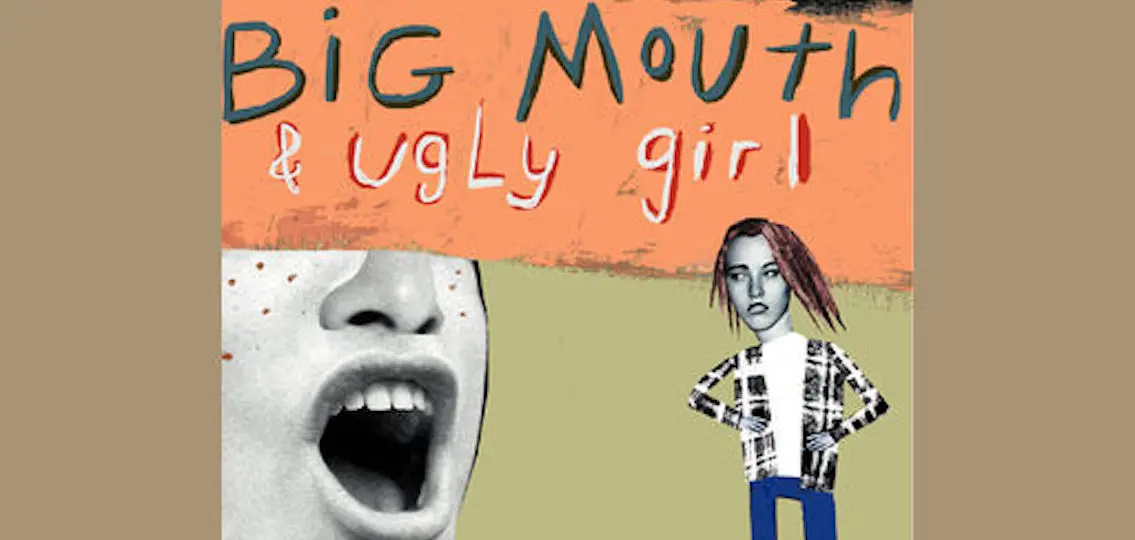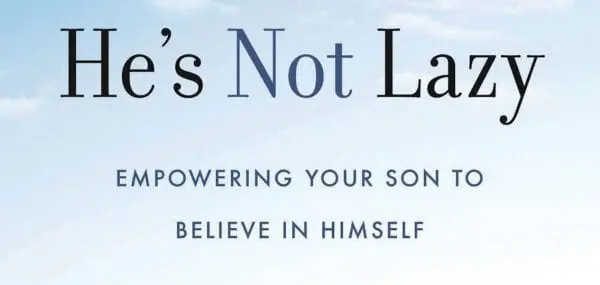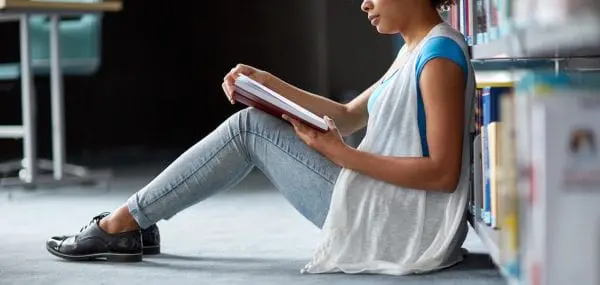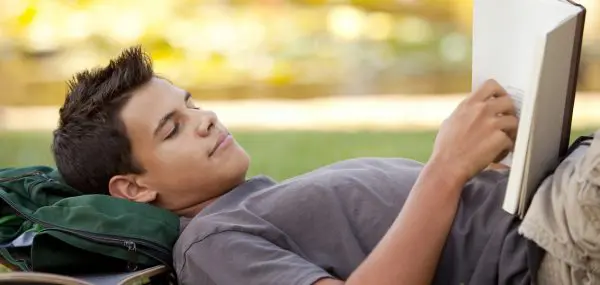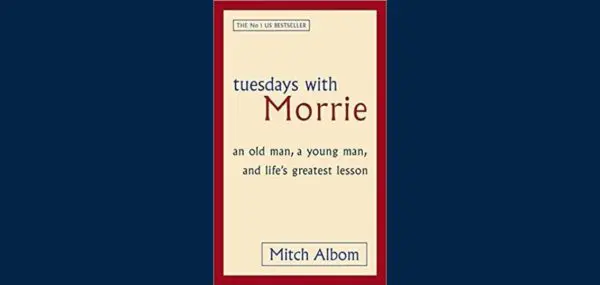Big Mouth & Ugly Girl is a story of compassion, friendship, and justice that will truly speak to anyone. Watch two high school outcasts find true friendship in the face of adversity and redefine bravery.
TEACHER REVIEW | by Jody Podl
As parents, we worry about what dangers might befall our children as they navigate the teenage years and we strive to create safe environments. Sometimes, however, we allow our fears to override logic. For example, rather than focusing on the issues that ca
use school violence or bullying—which undoubtedly are more difficult to fix—we carefully craft zero-tolerance policies and spend money on metal detectors. Author Joyce Carol Oates, in her novel Big Mouth & Ugly Girl, reminds us that our best weapons against fear are compassion and truth.
Matt Donaghy, a high school junior, is accused of threatening to blow up his school after two students overhear him talking. Immediately questioned by the police, Matt becomes the source of rumors and fear. Meanwhile, Ursula Riggs, an outcast who also witnessed the conversation, sticks up for Matt, ultimately helping to clear his name. Officially, the situation is settled and declared a “misunderstanding,” but unofficially, Matt’s world is turned upside down.
Oates points out how short sighted humans are. Even though Matt is cleared, the way that school officials and media overreact to the situation leaves lasting damage. His friends forsake him, and even the adults around Matt allow the isolation to occur. Many friends avoid him on the advice of their parents, and teachers remove him from Student Council and Drama Club. Indeed, Matt becomes a pariah, reminiscent of the Salem witch trials, where rumors and false accusations aroused hysteria, completely destroying good, honest people.
Only Ursula has the courage and decency to recognize that Matt does not deserve to be treated this way. Oates points out that Ursula’s firsthand experience as an outcast makes her very empathetic; at the same time, she possesses a real moral compass that does not stray even under difficult circumstances. While Ursula’s mother is worried that speaking out will hurt her chances of getting into college (how did our world become so twisted?), Ursula follows her conscience. Ursula is the redeemer, and as she helps Matt, she also finds peace with herself and her family.
Without a friend in the world, Matt latches onto Ursula, and together, they navigate the treacherous path of adolescence. In the end, it is their genuine and supportive friendship that triumphs.
And so, how do we keep our kids safe? We love them and support them. We teach them to be honest and decent, to stand up for the truth and perhaps most importantly, to listen. Could it be that simple and that difficult at the same time?
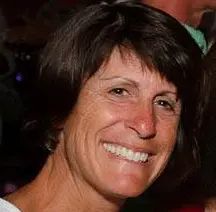
TEEN REVIEW | by Katie Harris
When I first saw the cover of the book, Big Mouth & Ugly Girl, by Joyce Carol Oates, I was a little unsure whether I would like the novel. I eyed the crude typeface of the title, and glanced dubiously at the jacket pictures depicting a big mouth and an ugly girl. At the risk of sounding cliché, I did judge this book by the cover. Scolding myself, I sat down with the book and opened my mind to give it a fair chance.
Ursula Riggs, one of the two lead characters, has little time for friendships and no time for nonsense. As a result of middle school bullying, Ursula is a stronger-than-steel individual with stifled emotions, using the maxim that life is easier without feeling. She refers to the rough version of herself as “Ugly Girl.” Ursula is perceived to be a social outcast. But in actuality she has cast out society. This, however, allows her to have a crystal-clear view of reality that most teenagers do not.
When “Big Mouth” Matt Donaghy, a popular and comical student at Ursula’s school, is accused of making serious threats to bomb the school, the entire student body goes into an uproar. Matt, who has never caused trouble in his life, is arrested and placed on probation until evidence can be found to prove his innocence. Although Ursula does not know him well, she has a quick sense of injustice. She steps forward as a witness when no one else will. The rest of the school shuns him, hoping to avoid allowing the drama to leak into their own lives. Ursula’s strong defense allows Matt to be let off probation and return to school.
Abandoned by his friends and shaken by the situation, Matt thanks Ursula profusely, and reaches out to her through e-mail. At first, Ursula shakes off Matt’s attempts at friendship, but slowly she realizes how much she also needs a friend. A relationship blossoms between the two. They discover many similarities, from being high school misfits to familial difficulties to favorite hobbies. Ursula helps Matt out of the rut into which he has fallen, and Matt helps Ursula see that she does not always have to be Ugly Girl.
However, the story isn’t over yet. Matt’s parents decide to sue the school for allowing the accusations to get out of hand. They blame the school for letting the situation affect both Matt’s mental wellbeing and his chances of getting into a good college. Through the entire situation, Ursula stands by Matt and supports him.
Throughout this coming of age novel, the reader can find himself in the vivid character development of Matt and Ursula. By the end, I understood one lesson from the story that applied directly to me: do not judge a book by its cover.

